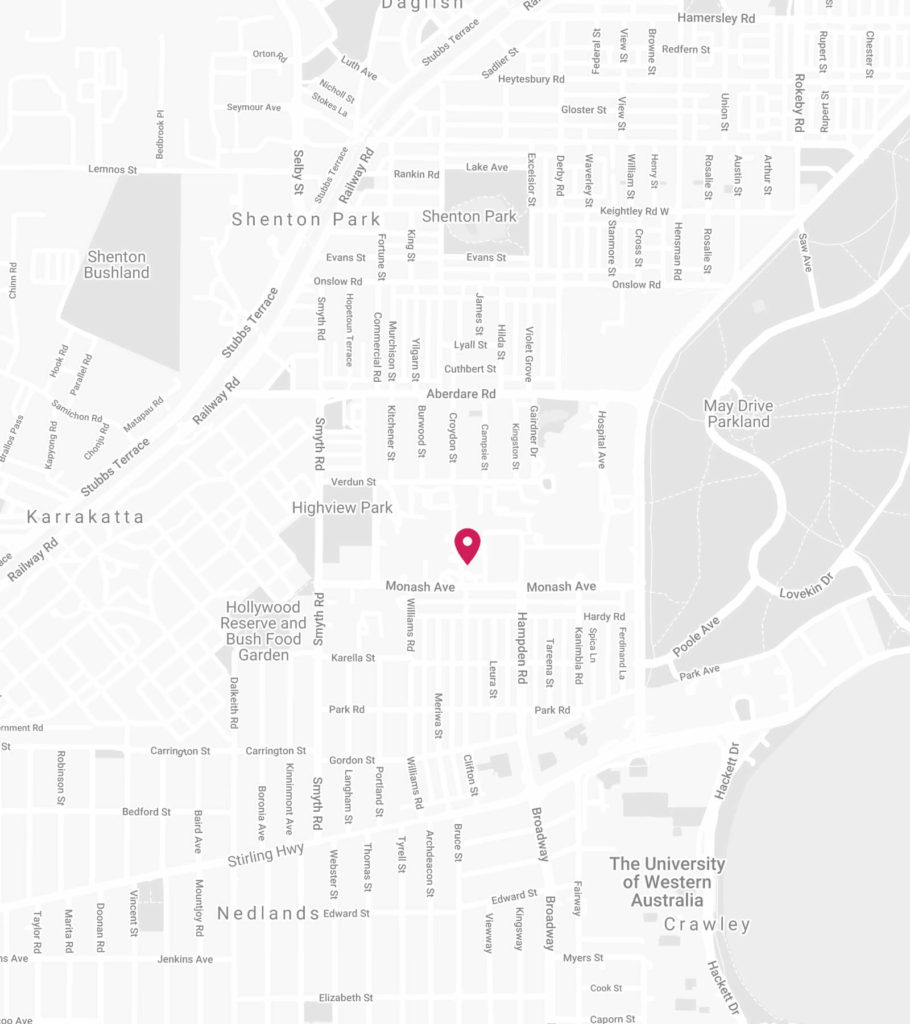reason for bariatric surgery
Co-morbidities
caused by
obesity
High blood pressure is a reason for bariatric surgery
Hypertension and obesity
How are hypertension and obesity linked?
People with a very high BMI, diagnosed as obese, tend to have higher blood pressure. Often factors including problems with sleep apnoea, and diabetes will cause hypertension to progress. Hypertension can also be aggravated by smoking, poor diet, a sedentary lifestyle and alcohol. Long-term studies in Sweden have shown that obesity or metabolic surgery, and the weight loss that follows surgery, can cause a healthy drop in blood pressure.
Hypertension and obesity surgery: Figures
Contributing factors

Infertility is a reason for bariatric surgery
Infertility and obesity
Infertility and obesity in women
Infertility and obesity for women are definitely linked but the process is a bit more complicated. Most studies show obesity compounds the cycle of infertility problems. An overweight or obese woman with a BMI 30-40 may have the following problems:
- No ovulation
- Too few ovulations
- Ovulations on an irregular schedule
- No periods or excessive bleeding during a period
A notable percentage of obese women can also experience a significant cycle of weight gain caused by Polycystic Ovarian Syndrome (PCOS). PCOS symptoms are aggravated by obesity.
Infertility and obesity in men
Data on Infertility and Obesity Surgery
Diabetes is a reason for bariatric surgery
Type 2 diabetes and obesity
How are type 2 diabetes and obesity related?
Diabetes symptoms and obesity
Type 2 diabetes and obesity surgery data
There has been good evidence showing the resolution of diabetes with obesity surgery over the last 10 years. Diabetes-related morbidity and mortality have also been reduced after bariatric or metabolic surgery and it appears the improvement in diabetic control is long-lasting.
Gastric bypass procedures such as the Roux-en-Y bypass have been shown to be particularly effective for the remission of diabetes. Sleeve gastrectomy is also very effective. Many patients will notice a reduction in their diabetic medications very quickly after surgery, even before they lose weight.
Surgery appears to work much better than diet and lifestyle interventions to help diabetics. The failure rate of those programs is around 95% at 1 year. If you are troubled with diabetes you may want to consider surgical options.
Sleep apnoea is a reason for bariatric surgery
Sleep apnoea and obesity
Sleep apnoea and obesity often go together. Sleep apnoea occurs when a person stops and starts breathing when asleep. It is most often due to loose tissue in the throat or mouth blocking the airway. You should be aware that there is a less common form of sleep apnoea where the brain does not send the proper signals to maintain breathing. Very often there is a strong connection between sleep apnoea and obesity and it can be one of the reasons for considering obesity surgery.
More than 1 million adults in Australia probably have significant sleep apnoea. It is primarily caused by the throat muscles relaxing and the walls of the throat collapsing over the airway. Obesity causes a build-up of fat in the neck area which causes or worsens sleep apnoea. Obesity is the commonest cause of sleep apnoea. Symptoms include:
- Loud snoring or stopping breathing
- Snorting or choking sounds
- Drowsiness during the day
- Difficulty concentrating when awake
Sleep apnoea and obesity surgery data
Studies have shown that bariatric surgery is effective in improving sleep, by reducing the width of the excessive tissue in the neck and torso. Weight loss also helps heart and lung function further improving a person’s deep sleep.
Poor sleep is a measurable contributor to depression, stroke, arterial disease, and even motor vehicle accidents.
Research on sleep apnoea and obesity surgery
Data in medical literature shows patients usually notice rapid improvement in their sleep apnoea symptoms after obesity or bariatric surgery. Even a modest weight loss of 10-20% has been shown to reduce sleep apnoea scores. Remember though that not all causes of sleep apnoea are related to obesity. Sometimes patients will notice a marked improvement clinically but will still need to use their CPAP machines. Often we will organise sleep studies for high-risk patients both pre and post-surgery.
Negative self-image is a reason for bariatric surgery
Depression & self-image
Studies have shown that obese people are about 25% more likely to experience a mood disorder like depression compared with those who are not obese.
If one of your reasons for bariatric surgery is linked to self-esteem and your self-image or depression issues then obesity surgery may be beneficial. Most studies have shown a significant benefit in terms of depression scores after surgery. Many patients will ultimately end up getting off their depression medications.
List of reasons for weight loss surgery
Other reasons for bariatric surgery
Other reasons for bariatric surgery can be mobility problems due to:
- Advanced osteoarthritis (excessive wear) and rheumatoid (autoimmune driven) arthritis
- Back and spine conditions, deterioration and injuries
- Legs are severely swollen with fluid
- Sores and ulcers, especially of the feet and limbs
Bariatric surgery and the weight loss that follows leads to independent mobility for at least 60% of the people who were wheelchair-bound due to these conditions. Most achieve improved mobility between 1.5 to 2 years after surgery.
Other procedures that might interest you

